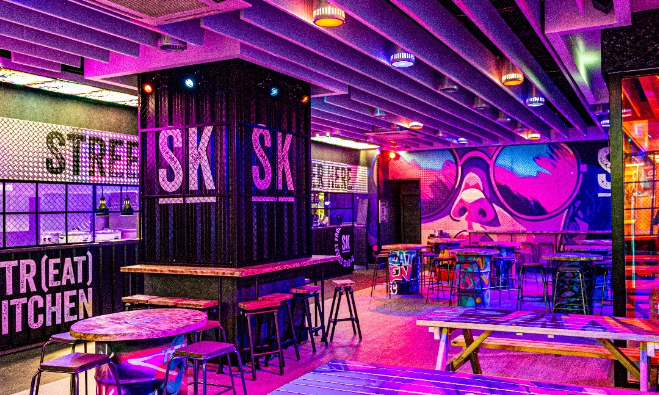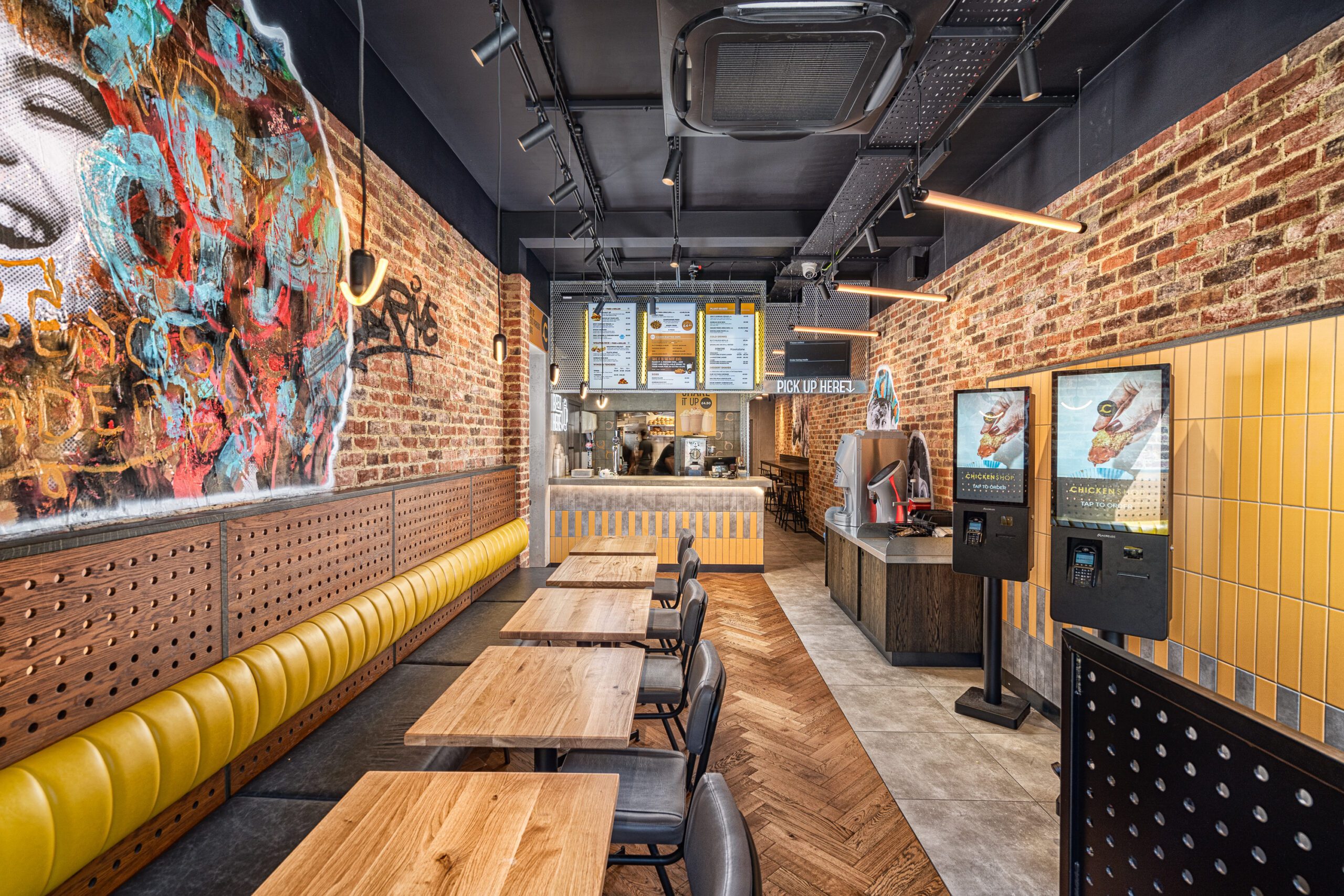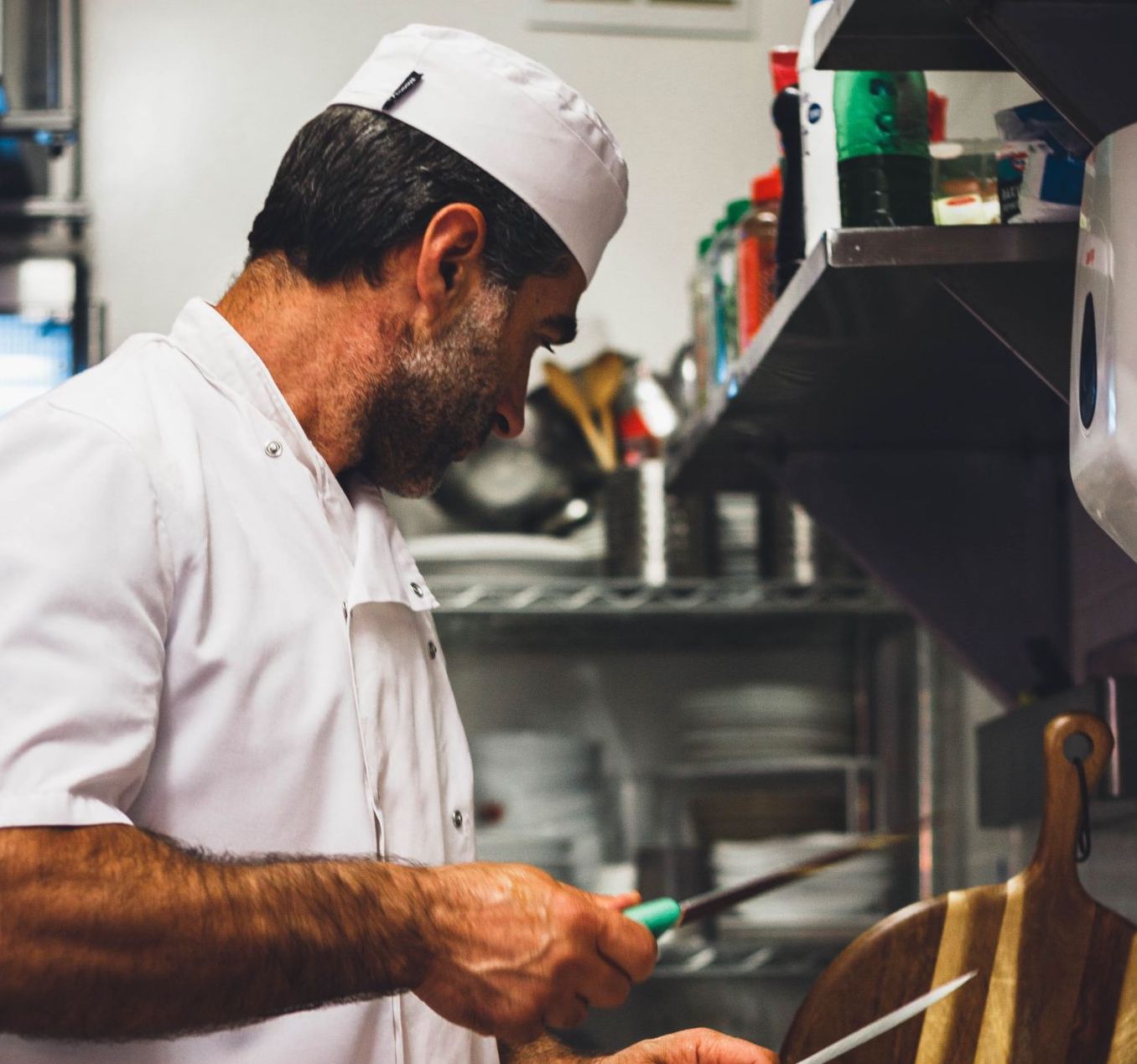Register to get 5 free articles
Reveal the article below by registering for our email newsletter.
Want unlimited access? View Plans
Already have an account? Sign in
The hospitality industry is often viewed as offering only entry-level, temporary roles for younger generations. However, looking more closely, over a third of the sector’s workforce are now aged over 50 years old, with many businesses introducing age diverse policies and benefits to tackle ongoing labour shortages.
The hospitality industry is seeing one of the highest turnover rates of staff in the UK, at around 30 per cent. Businesses are clearly realising the importance of retaining and progressing staff of all ages and career stages. Hospitality employers must now adapt to empower employees and demonstrate viable long-term careers, no matter their age or background.
One of the ways that they can do this is through comprehensive training programmes, which allow staff to continuously develop their skills and take on more responsibility. Schemes like apprenticeships enable progression from entry roles to management, while regular refreshers keep experienced staff up-to-date on best practices. Certifications in areas like health and safety, customer service, and supervisory skills also make employees more qualified and provide the necessary skills to encourage progression.
Alongside formal training, mentoring and shadowing initiatives give all staff insight into different roles and responsibilities. Younger employees can learn from older, experienced colleagues who can pass on knowledge built over many years in the industry. Conversely, older staff can receive guidance on new technologies and ways of working from their juniors.
Policies that work around employees’ needs are also extremely beneficial – for example, maternity and carer leave. Giving staff of all ages and stages greater flexibility is key. Options like job shares, compressed hours and open opportunities to those unable to work full-time or standard shifts. Greater flexibility enables businesses to retain experienced, skilled staff even if their situations change.
As well as this, providing access to support groups and networks helps build an inclusive culture where employees feel valued. For example, new parents can share experiences and get advice on balancing work and family commitments. Or employee led groups for those with disabilities or health conditions, ensure appropriate assistance and adjustments are made. Organisations such as the Licensed Trade Charity provide mental health training programmes, which gives team members the confidence to have open conversations. Allowing a team to feel heard and understood by their employer, and management to feel confident in handling crises, is crucial in retaining and attracting talent.
Lastly, regular performance reviews enable managers to set development goals with staff and map out their progression within the business. Even if promotions aren’t immediately available, having a plan for the future gives employees motivation and confidence that hospitality careers can be lifelong vocations rather than short-term jobs.
In summary, the surge in over 50s joining and remaining in the hospitality workforce demonstrates the sector’s growing commitment to being an age-diverse, progressive industry. The unique skills and dedication older staff bring are highly valued, and their experience benefits colleagues and customers alike.
Yet, ensuring diversity isn’t just beneficial in terms of age. We need to also see a diversity in gender, race and ability. This in turn will encourage a diversity of thought and employers will benefit hugely from the variety of skills, business knowledge and work ethic that can be brought to the table. With training, mentoring, support and flexibility, hospitality businesses can empower all employees to keep developing and progressing throughout their careers and continue to build a content workforce.



















